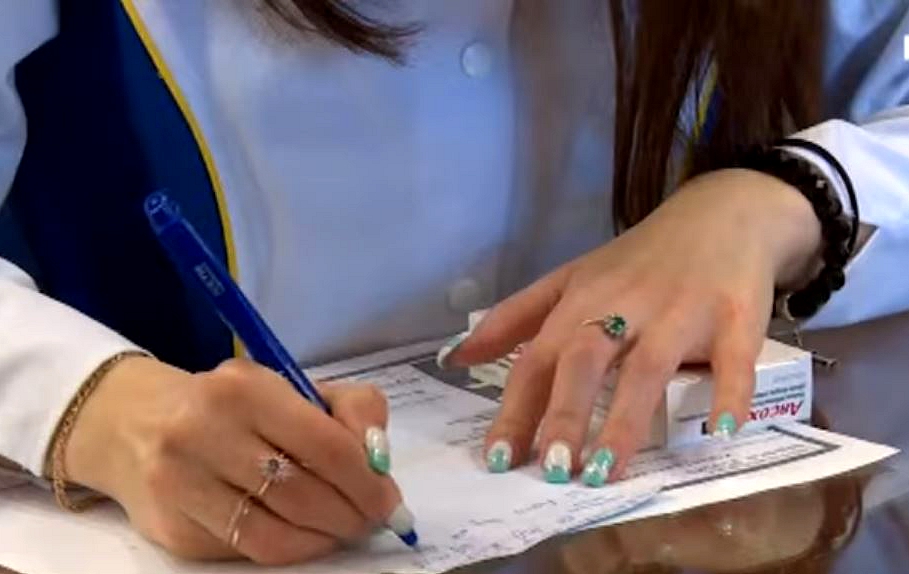In the hope for a positive change, the council of the Latvian Trade Union of Health and Social Care Employees (LVSADA) on August 16 decided to call on the government once more to finance the healthcare sector in line with good international practice, and postponed a discussion on holding a protest campaign to September 20.
The organization's chairman Valdis Keris said that by September 20 the trade union wants to see its demands met, otherwise protest campaigns will be organized. One of the requirements of the trade union is to increase financing of the healthcare sector to 3.25 percent of the gross domestic product (GDP) in 2017, 3.5 percent in 2018, 3.75 percent in 2019, and 4 percent of GDP in 2020.
The trade union wants the additional financing to be spent on reducing patients' payments, cutting lines and increasing wages.
If the requirements are not met by September 20, the trade union will return to its preparations for protest campaigns. Keris said that protests might be organized in late September or early October as the governments plans to adopt the budget and submit it to the parliament around October 13.
Irrespective of the progress of talks with the government, the trade union agreed to continue consultations with the cooperation partners about the best form, time and place of the protests.
The meeting was also attended by Health Minister Anda Caksa. She said that the new financing model can be put into operation in 2018, while next year should be spent in preparatory work.
"Even though the minister understands the situation in the sector, she is acting to improve it, unfortunately, not everybody in the government and parliament shares this view," said Keris.
As reported, on August 9, the government agreed on the fiscal space in next year's budget at €70 million. Now the ministries will have to agree on where this financing should go. This sum does not include the additional financing to education worth about €27 million and to the healthcare sector worth €35 million.
Prime Minister Maris Kucinskis (Greens/Farmers) said in an interview with Latvian public radio on Tuesday that additional €10 million will be earmarked in the budget for reducing lines for medical services. He said that the earlier decision provides for additional financing worth €35 million, and this should be sufficient to start reforms.
The Health Ministry, meanwhile, is getting ready to present three possible financing models to the government. The Health Ministry supports the health care financing model option which does not propose an increased total tax burden, but requests for a percentage of social tax to go to health care. This financing model channeling 1 percent of social tax into health care would ensure around €70 million additional financing for the sector annually.
This model is also supported by the trade union. Keris said earlier that this €70 million in addition to the promised €35 million would be the first step towards improvement of the situation. Keris reminded that healthcare experts suggest that the government should allocate 4 percent of GDP to the healthcare sector by 2020, and these additional €100 million would mean that healthcare allocations would reach 3.3 percent of GDP.





























